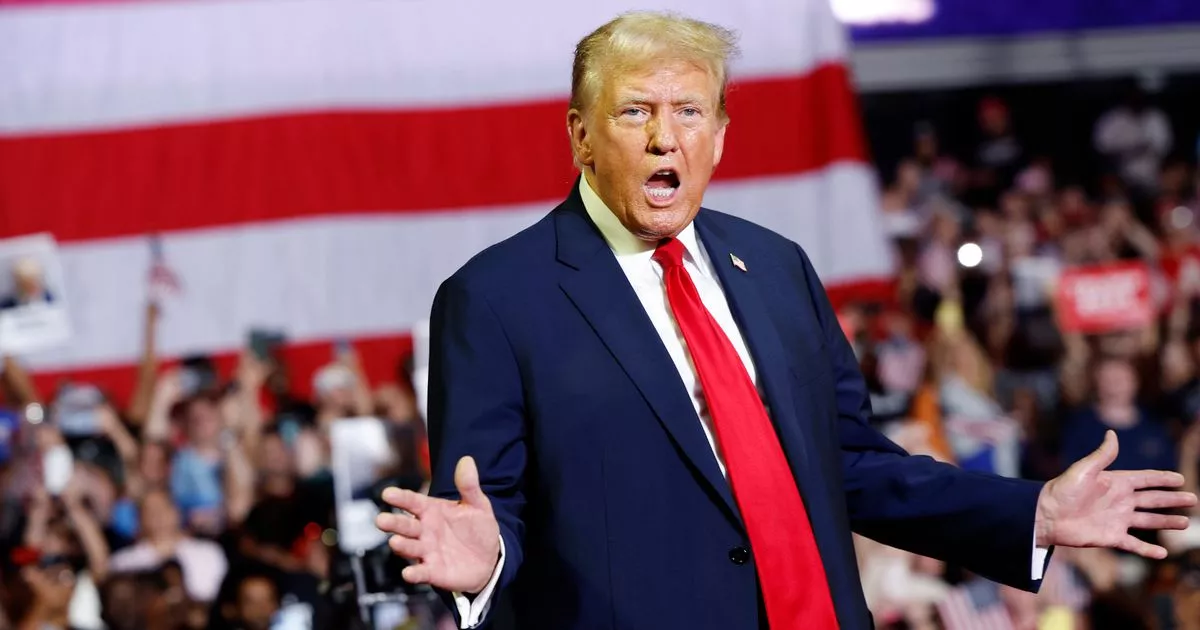“Trump Spreads Unsubstantiated Claims About Payments to Politico” – The New York Times
Donald Trump has once again amplified a conspiracy theory, this time targeting Politico and The New York Times. In a recent statement, the former president claimed that the two news outlets had received payments to publish negative stories about him. This unfounded accusation is just the latest in a string of false claims made by Trump, raising concerns about the impact of misinformation on public discourse and trust in institutions.
During a recent interview with conservative radio host Hugh Hewitt, Trump stated, “You know, when people read things, they don’t realize that the newspaper is getting paid a lot of money to write bad about me.” This statement was made without evidence and has been widely refuted by both Politico and The New York Times.
It’s important to note that Trump has a history of making false statements and spreading misinformation. According to a report by The Washington Post, Trump made 30,573 false or misleading claims during his four years in office, averaging more than 21 false claims per day. This alarming frequency of falsehoods has raised concerns about the erosion of public trust in news media and institutions.
Fact-checkers and political analysts have been quick to debunk Trump’s claims. Glenn Kessler, editor and chief writer of The Washington Post’s Fact Checker, has stated, “It is deeply troubling that the former president continues to make baseless accusations without providing any evidence. This pattern of spreading misinformation has a toxic impact on public discourse and undermines the integrity of our democratic institutions.”
The impact of Trump’s false claims extends beyond mere rhetoric. Studies have shown that misinformation can influence public opinion and behavior, leading to a decline in trust in institutions. The spread of false narratives has also been linked to incidents of unrest and violence, further highlighting the potential consequences of unchecked misinformation.
In light of these concerns, it is crucial for officials to prioritize maintaining election integrity and public safety. Efforts to combat misinformation and disinformation should be supported by evidence-based strategies and expert analysis.
Recent controversies and legal issues related to Trump’s statements have also drawn attention. The ongoing scrutiny of his record of false statements underscores the need for a factual and objective approach to reporting on his claims.
In conclusion, Trump’s amplification of conspiracy theories and false claims has significant implications for public discourse and trust in institutions. It is imperative for news outlets to continue fact-checking and providing accurate information to counter the spread of misinformation. As readers, it is important to critically evaluate the veracity of statements made by public figures and to seek out reliable sources of information.
Source link
Redirect URL
